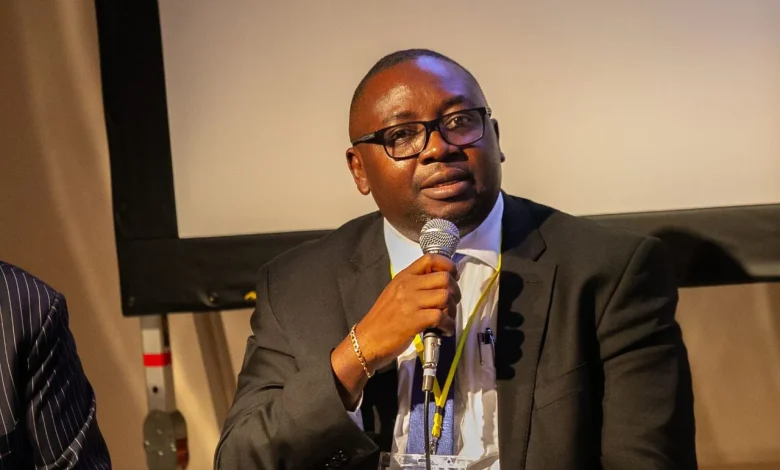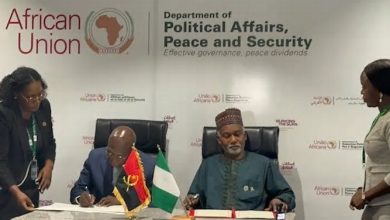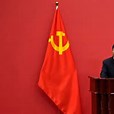Lead
FG seeks $238m Japan loan for national grid expansion

The Federal Government of Nigeria is discussing a loan of $238 million from the Japan International Cooperation Agency (JICA) to expand the national electricity grid network.
The loan would support the addition of new transmission infrastructure, including 330kV and 132kV lines, substations, and line bay extensions.
The project aimed to improve the reliability and efficiency of the national grid, increasing access to electricity for households, businesses, and industries.
The loan would also support the development of renewable energy solutions, including solar mini-grids and standalone systems, for rural and peri-urban communities.
The Minister of Power, Adebayo Adelabu, announced that Nigeria was advancing a $190 million renewable energy loan facility supported by JICA.
According to him, ”This initiative is designed to scale distributed renewable energy solutions across underserved communities.
”The government has also launched the $750 million World Bank Distributed Access through Renewable Energy Scale-up (DARES) programme, which aims to bring clean and reliable electricity to over 17 million Nigerians, ” he said.
He also announced that through the partnership with JICA, the National Power Training Institute of Nigeria (NAPTIN) has commissioned a state-of-the-art training equipment in Abuja to strengthen the skills of distribution engineers and tackle network losses.
Adebayo said the facility would deepen local expertise and promote long-term sustainability in sector operations.
Speaking during a panel session titled “HICKARE Africa: Harnessing Innovation, Co-creation, and Knowledge for Accessible and Resilient Energy for Africa,” Adelabu highlighted Nigeria’s current energy realities, noting that only about 60 percent of the country’s population of over 200 million has access to electricity, much of which remains unreliable.
He explained that the Federal Government was addressing this gap by expanding grid access in urban areas while simultaneously accelerating off-grid solutions, including solar mini-grids and standalone systems, for rural and peri-urban communities.
Despite persistent challenges such as limited access to affordable capital, cost barriers for rural households, and under-utilisation of productive-use equipment, Adelabu reaffirmed the government’s commitment to overcoming these obstacles through supportive policies, strategic private-sector partnerships, and local manufacturing of renewable energy components.
He expressed appreciation to JICA and the Government of Japan for their long-standing support to Nigeria’s power sector.
Speaking at the summit, President Bola Tinubu emphasised that Nigeria’s participation at TICAD 9 was not about trade exhibitions, but about forging strategic, outcome-driven partnerships that would deliver tangible results for the Nigerian people.
He stressed that Nigeria was deliberately shifting from planning to implementation, from agreements to delivery, and from promises to measurable results.


